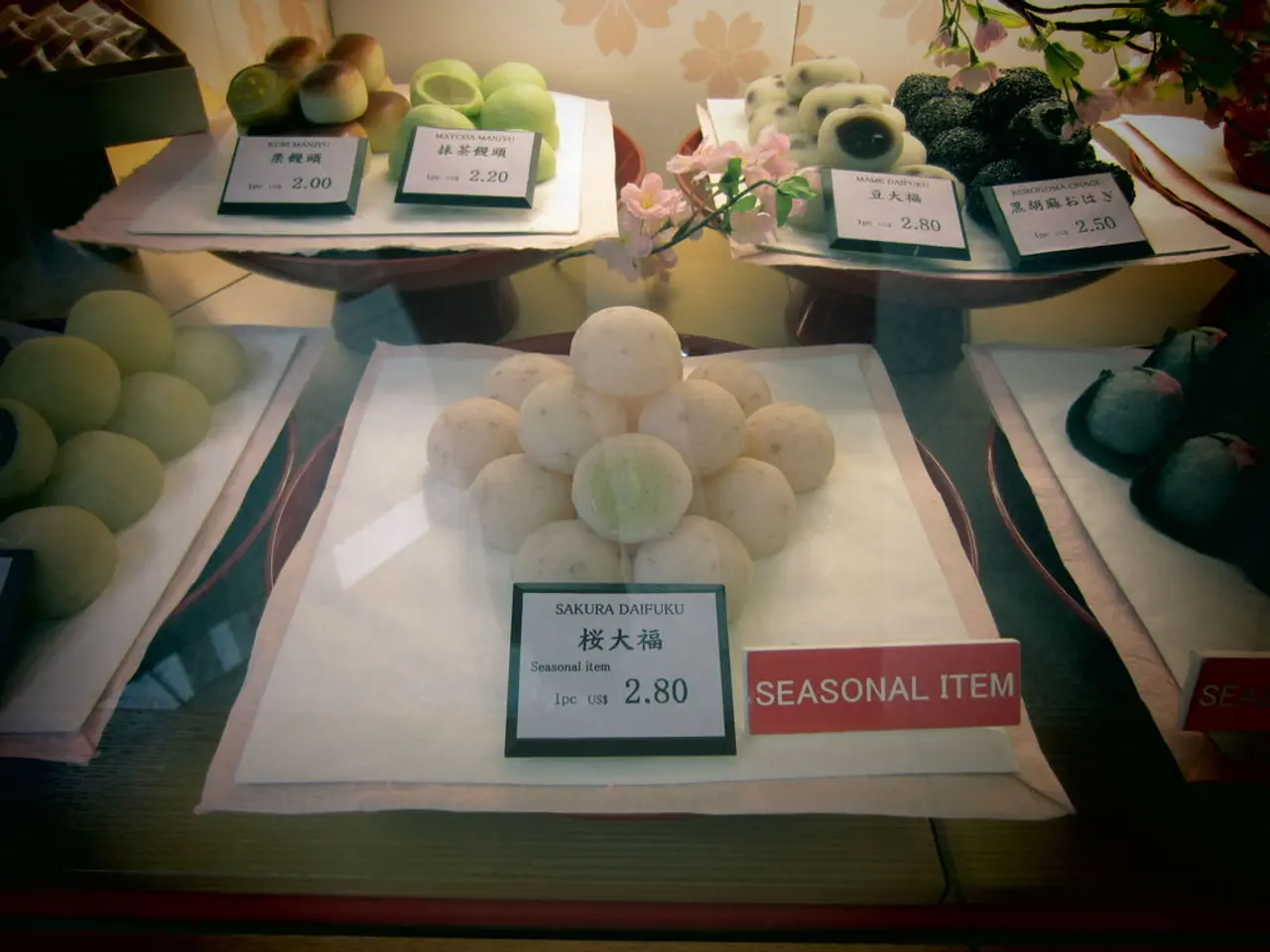Price fluctuations in Kuban during the final month of spring
In recent months, the economic landscape of Russia has undergone significant changes, with inflation and interest rates playing a pivotal role in shaping prices across various sectors. While specific data for the Kuban region is scarce, the broader trends in Russia offer insights that can be generalized to some extent.
In the food sector, overall inflation in Russia is likely to be higher than the officially reported 9.6%, potentially reaching as high as 20%. This steep inflation has led to substantial price increases for staple food items, such as potatoes, which have seen a tripling in price due to factors like reduced yields and seasonal supply issues. The price surge for potatoes is largely attributed to lower yields from the previous year, partly due to adverse weather conditions and sanctions affecting fertilizer imports. Retail prices for potatoes rose from 56 rubles per kilogram in June 2024 to 92 rubles per kilogram as of June 2025.
High interest rates of 20% have also had a negative impact on industrial sectors, with low consumer demand and rising costs affecting production facilities. This economic strain likely influences the pricing of non-food goods by increasing costs for manufacturers and retailers. The high interest rates aimed at combating inflation have put pressure on various sectors, including manufacturing and retail, which could lead to higher prices for consumers.
Despite these challenges, there are some positive signs. For instance, the average approved loan amount began to decline again in May, following a decline for seven months until February 2025. Additionally, non-food goods prices decreased by almost 0.4% in May compared to April.
The tourism sector has also experienced changes. The economic situation in Russia, including high inflation and interest rates, might deter tourism by increasing costs for travel and accommodations. However, the Kuban region's tourism specialization in May may have influenced local inflation. Data on how these factors have affected tourism in the Kuban region is not readily available.
Economic instability often discourages tourism, making travel more expensive and less appealing to both domestic and international visitors. However, trips to the Black Sea coast of Russia increased by 19.2% in May, suggesting that the region may still be an attractive destination for many.
In the health sector, sanatorium and health services became more expensive in May. On the bright side, egg prices have decreased by 8% due to increased supply, and fruit and vegetable prices, including potatoes, increased by 27% over the last 12 months but decreased by 2.2% in the monthly comparison. Prices for oils and fats decreased by 0.7% but increased by 25% year-on-year. Meat and poultry have also seen price increases, with pork, the most affordable for consumers, also seeing a price hike.
In conclusion, while specific data for the Kuban region is lacking, the broader trends in Russia suggest that inflation and economic pressures have significantly increased prices across various sectors, including food and potentially affecting non-food and tourism as well. Understanding these trends can help consumers make informed decisions and businesses adapt their strategies accordingly.
Sports enthusiasts in the Kuban region might find it challenging to participate in their favorite activities due to the economic pressures, as high inflation and interest rates could lead to increased costs for sports equipment and recreational facilities. Moreover, the adverse weather conditions and sanctions affecting resources might impact the availability of sports facilities, such as playing fields, and negatively affect maintenance quality.






